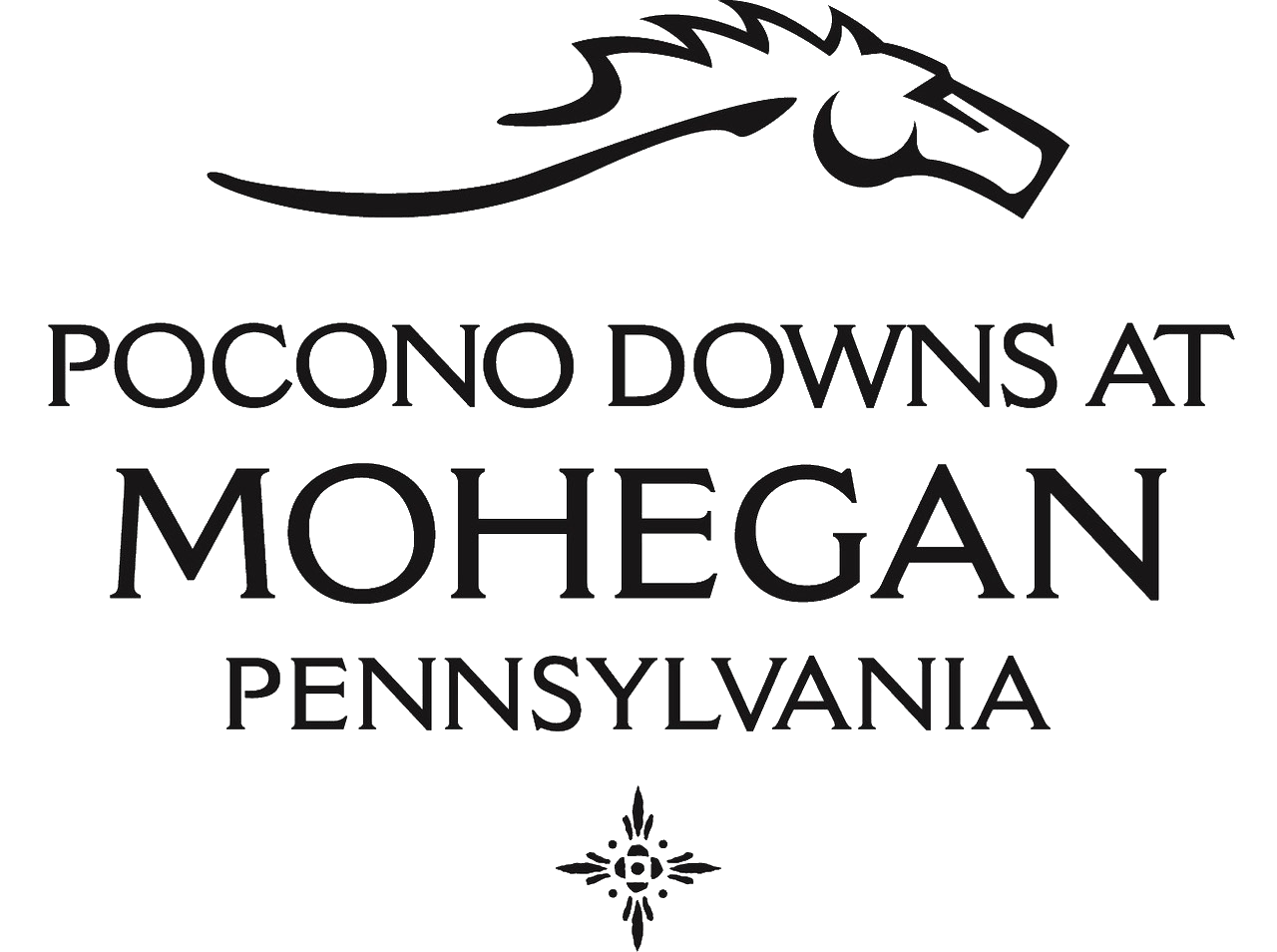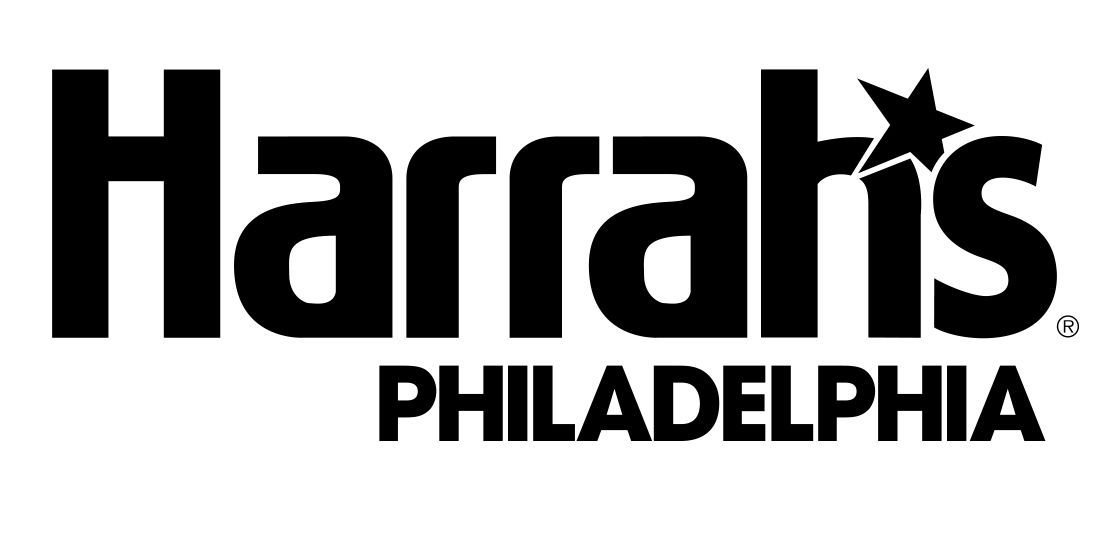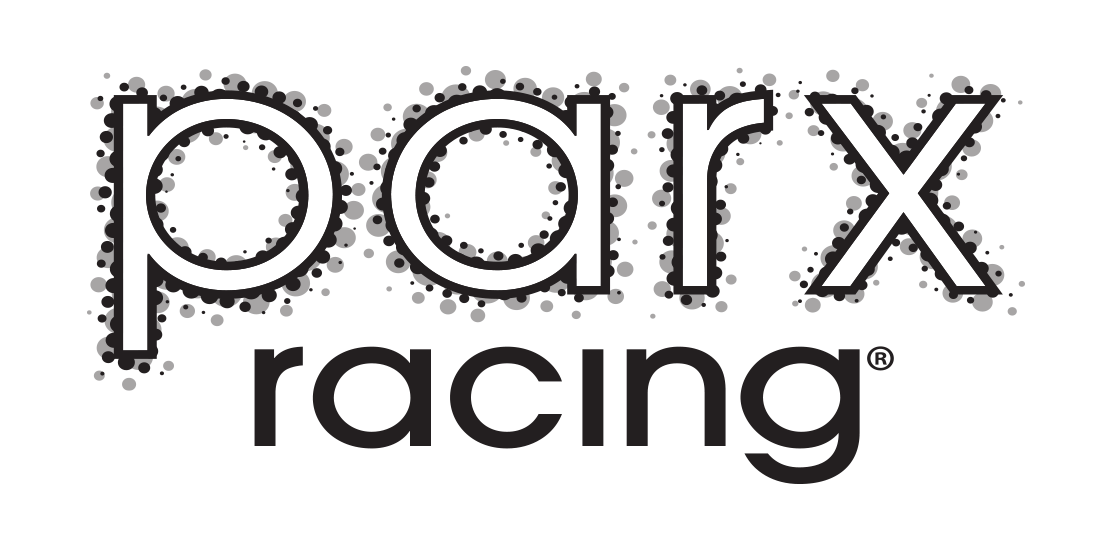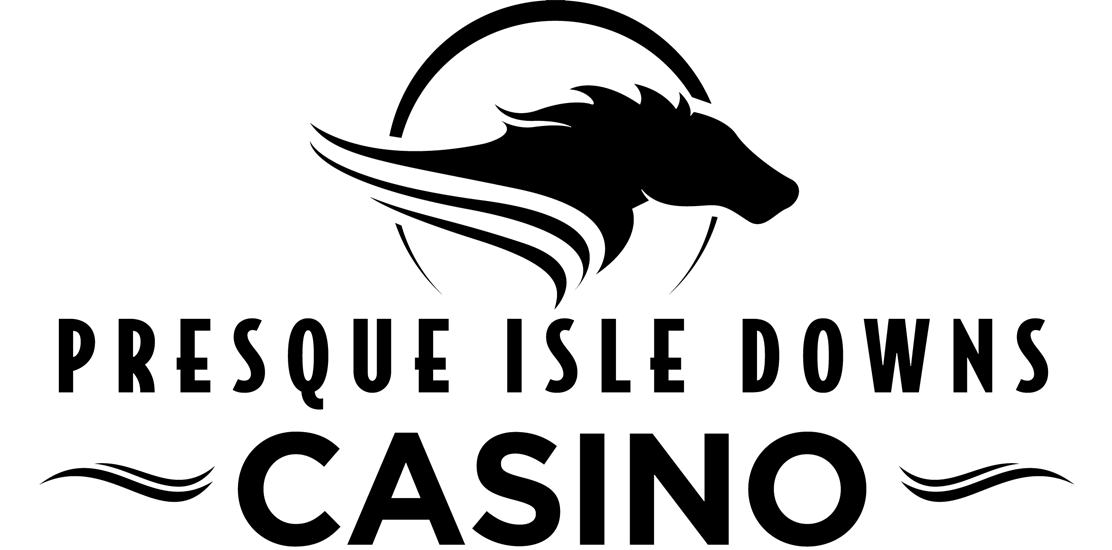After the yearly foal crop is born at DelVal, the preparations begin that have a life-long effect on the behavior of the horses. Students formulate a plan and strategy with the goal of selling the foals as yearlings at the annual Standardbred Horse Sales in Harrisburg, PA. Mares and foals spend several carefree months playing and interacting with each other in the spacious grassy fields at DelVal before the traumatic event of weaning. Halter breaking, leading, brushing, and allover handling are the baby’s first lessons.
Early handling and human interaction with a foal establishes trust essential for future 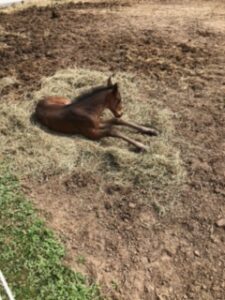 training. Soon after birth, the foals are halter broke so they can be led and controlled while they are still small and manageable. Successful training depends on patience, consistency, and calm and quiet behavior, and in short intervals, the students practice handling the foal’s feet, brushing them with a soft brush, and touching and petting them all over. The mare and foal management classes are in charge of the foals until they are several weeks old and handed over to the next management team.
training. Soon after birth, the foals are halter broke so they can be led and controlled while they are still small and manageable. Successful training depends on patience, consistency, and calm and quiet behavior, and in short intervals, the students practice handling the foal’s feet, brushing them with a soft brush, and touching and petting them all over. The mare and foal management classes are in charge of the foals until they are several weeks old and handed over to the next management team.
Once the foals are weaned from their mothers, they are classified as weanlings and spend time turned out in pastures with their peers. Simple training continues and students teach the horses to lead, stop, and stand. The weanlings are introduced to a farrier and veterinarian, and basic hoof care and de worming and vaccinations begin. Race horses all celebrate their birthdays on January 1, so every January weanlings become yearlings no matter their actual birth date.
Each student in the yearling horse sale management class takes responsibility for preparing a yearling for the premier horse sale in November held at the Pa Farm Show Complex. The Standardbred Horse Sales or “Black Book” yearling sale is a global marketplace for harness racing prospects that attracts buyers from the entire U.S., Canada, Europe, and the Asia-Pacific region. At the sale, prospective buyers examine the horses’ physical condition, judge their conformation, study their pedigree, observe their behavior, and watch how they walk. The DelVal students formulate a business plan with a specific goal in mind, and they dedicate months to prepping the yearlings so they are in tip top condition for the sale. Whether preparing for a yearling sale or other business, the students learn to develop a marketing plan to realize and optimize their objectives.
Feeding, conditioning, and nutrition are top priorities for the yearlings headed to the sale. DelVal offers courses in nutrition, feeding, health, and anatomy of the horse, so the students formulate a nutrition program based on science. De worming and hoof trimming are routine, and yearlings are also introduced to grooming, bathing, and hair trimming.
Physical conditioning and exercise are another top priority for prepping the yearling. Students practice leading, walking, and standing the yearlings, and they introduce the horses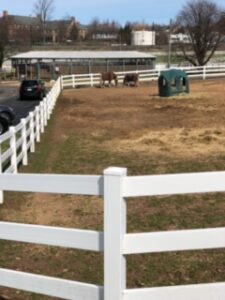 to the European style horse exerciser at the equestrian center. The exerciser is a round motor driven walking pen with individual partitions where the yearlings walk in a circle at different speeds for short periods of time. Along with turnout and free exercise, the yearlings follow a controlled exercise program developed by the students for conditioning and fitness.
to the European style horse exerciser at the equestrian center. The exerciser is a round motor driven walking pen with individual partitions where the yearlings walk in a circle at different speeds for short periods of time. Along with turnout and free exercise, the yearlings follow a controlled exercise program developed by the students for conditioning and fitness.
The horse’s grooming and cleanliness is important to the presentation at the sale, and students teach the horses to stand for a bath and a hosing so their coats are gleaming by sale time. Jenna Reigle, breeding center manager, described the process, “the students spend months prepping the yearlings, and we have weekly practice sessions and inspections when they stand the yearlings and walk them like they would at the horse sale. We judge them on presentation and condition and behavior. We also practice loading the horses on the horse trailer so they get used to it before we leave for the sale. The students learn to anticipate and eliminate possible problems.”
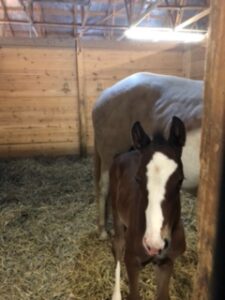 Making a sale video is one of the last steps before the yearlings leave for the sale. Students help video each horse in motion so prospective buyers can watch the horses move. The sale lasts a week, so before the sale starts, students load the horses in the trailer and pack the equipment to set up their consignment. Each student handles their own yearling at the sale, and they are responsible for talking to customers and presenting a professional appearance. Students at DelVal also have the opportunity to work for the sales company.
Making a sale video is one of the last steps before the yearlings leave for the sale. Students help video each horse in motion so prospective buyers can watch the horses move. The sale lasts a week, so before the sale starts, students load the horses in the trailer and pack the equipment to set up their consignment. Each student handles their own yearling at the sale, and they are responsible for talking to customers and presenting a professional appearance. Students at DelVal also have the opportunity to work for the sales company.
The yearling sales program at DelVal offers students the unique opportunity to participate in a hands-on experience at marketing a potential harness horse. As in any program, they learn the ins and outs of the business and encounter problems and setbacks. A bittersweet experience for some, the students lead their horses to the sales ring and say good-by to yearlings they cared for and trained, and hopefully their efforts result in success at the race track.
